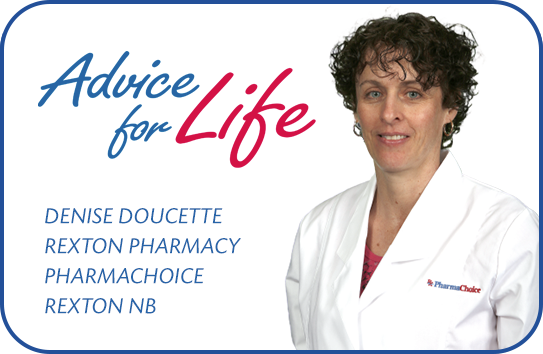Since 1988, every year on December 1st the world commemorates World AIDS Day. This day is a time to come together and raise awareness, support those living with the virus, and fight the stigma surrounding HIV (human immunodeficiency virus) and AIDS (acquired immunodeficiency syndrome). HIV is a virus that attacks the immune system, weakening the body’s ability to fight off infections and diseases.
HIV can progress to AIDS, the most advanced stage of the infection. The theme of this year’s World AIDS Day is “Remember and Commit,” and serves as an opportunity to acknowledge the progress we have made in fighting the AIDS epidemic and refocus on the challenges ahead.
While there is no cure for HIV and AIDS, advances in medical treatment and prevention strategies have significantly improved the quality of life for those affected. Early detection and medication adherence are just some of the essential strategies for managing and preventing the spread of HIV. An important step in preventing HIV infection is understanding how the virus spreads; HIV is most commonly transmitted through anal or vaginal sex or from sharing injection equipment.
5 Tips To Prevent HIV/AIDS
Preventing HIV/AIDS begins with knowledge and awareness, here are some crucial steps to protect yourself and others:
- Practice Safe Sex: Use condoms consistently and correctly. This reduces the risk of transmitting or acquiring HIV through sexual contact. Communicate openly with your partner(s) about their HIV status and get tested together if necessary.
- Needle Safety: If you use injectable drugs, never share needles or equipment. Use clean, sterile supplies each time.
- Get Tested: If you think you have been exposed to HIV or may already be infected, it is important to get tested. Your pharmacist or doctor can support you in this step. The choice of HIV test depends on the length of time since exposure and physical location. HIV can be tested for using standard laboratory practices or rapid self-testing kits.
- Pre-Exposure Prophylaxis (PrEP): PrEP involves taking medication to reduce the risk of acquiring an HIV infection in those considered high risk. When the medication is taken properly, it drastically reduces one’s risk of being infected with HIV.
- Post-Exposure Prophylaxis (PEP): If you’ve been exposed to HIV, seek medical care immediately. PEP can help prevent infection if taken within 72 hours of exposure. PEP involves taking antiretroviral medication once daily for four weeks. Speak to your PharmaChoice pharmacist today to learn more about PrEP and PEP strategies.
This World AIDS Day, do your part in fighting against HIV and AIDS by learning about the virus, how it spreads and ways to prevent infection, and what to do if you or a loved one becomes infected.
Your PharmaChoice Pharmacist can help you understand more about HIV and AIDS as well as the medications used to treat the infection. Wearing a red ribbon is the universal symbol of support for people living with HIV, so this year on December 1st, show your support and help end HIV transmission and the development of AIDS.



